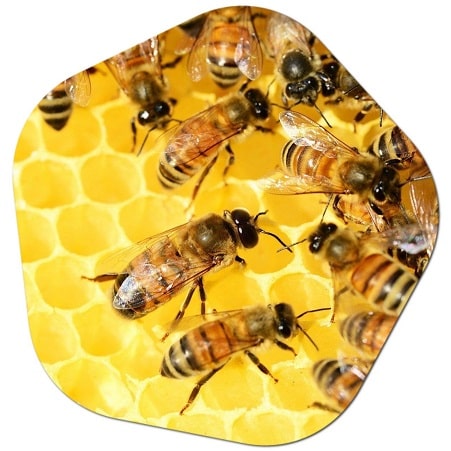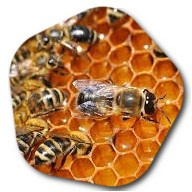Which country has the best honey in Africa?
We will give you information about honey grown in Africa. Good honey is grown in many African countries. Determining the “best” honey in Africa is subjective and can vary based on personal preferences and individual tastes. Additionally, Africa is a large and diverse continent with numerous countries producing high-quality honey. Some countries known for their honey production and the quality of their honey include:
- Ethiopia: Ethiopia is renowned for its unique and flavorful honey. The country has a rich biodiversity and a long history of beekeeping, producing a variety of honey types such as white honey, forest honey, and wildflower honey.
- Kenya: Kenya is known for its high-quality honey, particularly the white honey produced from acacia trees. The country’s diverse ecosystems, including savannahs, forests, and highlands, contribute to the variety of flavors and types of honey available.
- Tanzania: Tanzania has a thriving honey industry, with beekeeping practiced in various regions. The country’s honey is appreciated for its distinct flavors, often influenced by the floral sources available, such as eucalyptus, sunflower, and mango.
- Uganda: Uganda is known for its organic and natural honey production. The country’s diverse vegetation, including tropical forests and savannahs, contributes to the range of floral sources and flavors found in Ugandan honey.
- South Africa: South Africa has a well-established honey industry, producing honey from various floral sources such as fynbos, citrus, and eucalyptus. The country’s strict quality standards and beekeeping practices contribute to the reputation of its honey.

It’s important to note that honey quality can vary within a country, and individual beekeepers and honey brands may produce exceptional honey regardless of the country. It is recommended to explore local markets, specialty stores, or connect with beekeepers directly to sample and discover the flavors and types of honey available in different African countries.
Why is African honey dark?
African honey can often have a darker color compared to honey from other regions. There are a few factors that contribute to the darker hue of African honey:
- Floral Sources: The color of honey is influenced by the type of flowers from which bees collect nectar. African countries have a rich diversity of plant species, including those with darker pigments. Bees in Africa may gather nectar from flowers that have darker pigments, such as wildflowers, certain trees, or other flora, resulting in honey with a darker color.
- Processing and Filtering: The processing methods used by beekeepers can also affect the color of honey. In some cases, African honey may be less processed and undergo minimal filtering, allowing more natural elements, including pollen, propolis, and other particles, to remain in the honey. These natural components can contribute to the darker color of the honey.
- Antioxidants and Minerals: Darker honey often contains higher levels of antioxidants and minerals compared to lighter honey. The darker color can be an indication of the presence of beneficial compounds such as phenolic compounds, vitamins, and minerals, which are derived from the floral sources and contribute to the overall nutritional value of the honey.
It’s important to note that honey color can vary even within African countries, depending on the specific floral sources, climate, and other regional factors. The color of honey does not necessarily indicate its quality or taste but rather reflects the botanical origin and processing techniques employed.
Is African honey better?
The perception of whether African honey is “better” than honey from other regions is subjective and depends on individual preferences and tastes. Honey quality and characteristics can vary widely within Africa and across the globe.
African honey does have some unique qualities that are often appreciated by honey enthusiasts:

Flavor: African honey is known for its distinct and diverse flavors. The rich biodiversity and varied floral sources in Africa contribute to the unique taste profiles of different types of African honey. Some African honey varieties have a robust, deep, or floral flavor that appeals to certain palates.
Natural and Organic: Many African beekeepers practice traditional or organic beekeeping methods, avoiding the use of chemicals and pesticides. This approach often results in honey that is considered more natural and environmentally friendly.
Nutritional Value: African honey, like honey from other regions, contains beneficial compounds such as antioxidants, vitamins, and minerals. The specific floral sources and environmental conditions in Africa can contribute to the presence of certain nutrients in African honey.
Ultimately, the quality and characteristics of honey depend on factors such as the floral sources, beekeeping practices, processing methods, and individual taste preferences. It’s advisable to explore and taste honey from different regions, including Africa, to discover the flavors and profiles that resonate with you. Additionally, local and artisanal honey producers within any region can produce exceptional honey that may suit your preferences, regardless of the geographic origin.





